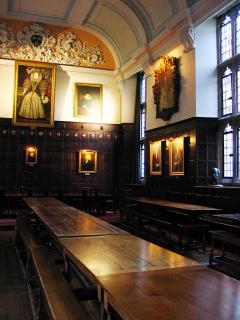Largely because of the thesis, I have fallen behind in what are normally two everyday activities: reading fiction and keeping up with my correspondence. The latter is the more embarrassing lapse, as messages of various kinds accumulate. Still, if I am to have a chapter written by Wednesday, I need to keep cracking. This one will lay out the early history of both climate change and POP research, so it involves quite a few finicky details that need to be related to the major themes and questions of the work. It also requires a broader appreciation of the roles played by different individuals and organizations. This has been fairly easy to untangle for the Stockholm Convention, despite its relative obscurity, but the sheer scale of the discussions about climate change makes it quite hard to gain a rigorous sense of who was acting most effectively and why. I am still searching for a really good history of the UNFCCC, IPCC, and Kyoto processes.
PS. Many thanks to Meaghan and Lindi for the postcards. I will reply soon, possibly with postcards from Wales.


THE VICE PRESIDENT: Those are the two key questions. I think there’s an emerging consensus that we do have global warming. You can look at the data on that, and I think clearly we’re in a period of warming. Where there does not appear to be a consensus, where it begins to break down, is the extent to which that’s part of a normal cycle versus the extent to which it’s caused by man, greenhouse gases, et cetera.
But I think we’re going to see a big debate on it going forward. But it’s not enough just to sort of run out and try to slap together some policy that’s going to “solve” the problem. Kyoto I think was not a good idea.